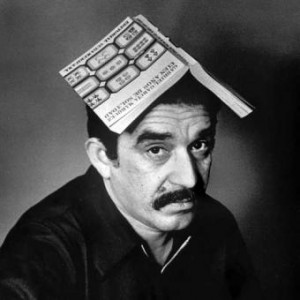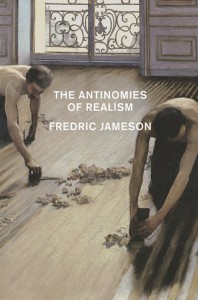This brings us back to Jameson and realism. Jameson continues to insist upon the idea of meaninglessness in Zola’s abundant descriptive lists; in referring to the copious description of the cheeses in the shop in Le Ventre de Paris, he speaks of “their veritable liberation from meaning in all their excess.” The pungent cheese passage indeed shows a “delirious multiplicity,” but the cheeses are far from being meaningless or “autonomous.” For what does it mean when it is said that an element of a literary work is meaningless? Can it be true that multiplicity or excess leads to meaninglessness? Or that the moment something exists in the bodily realm, it does not signify?





